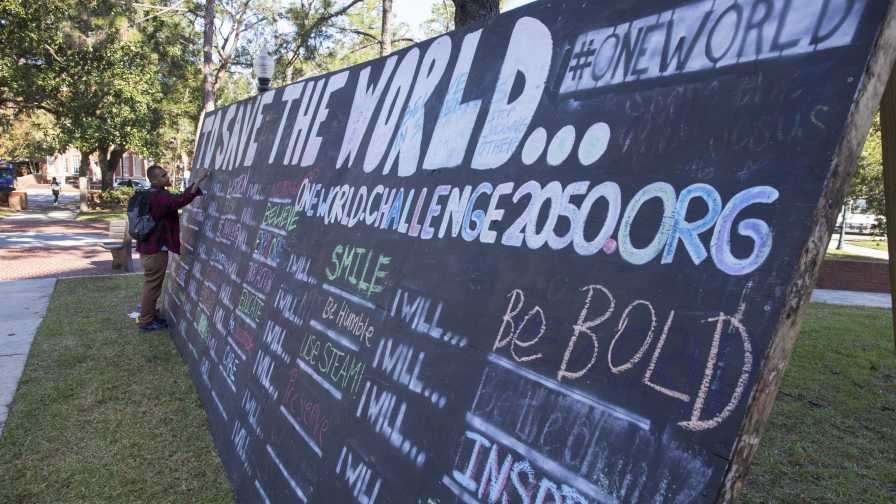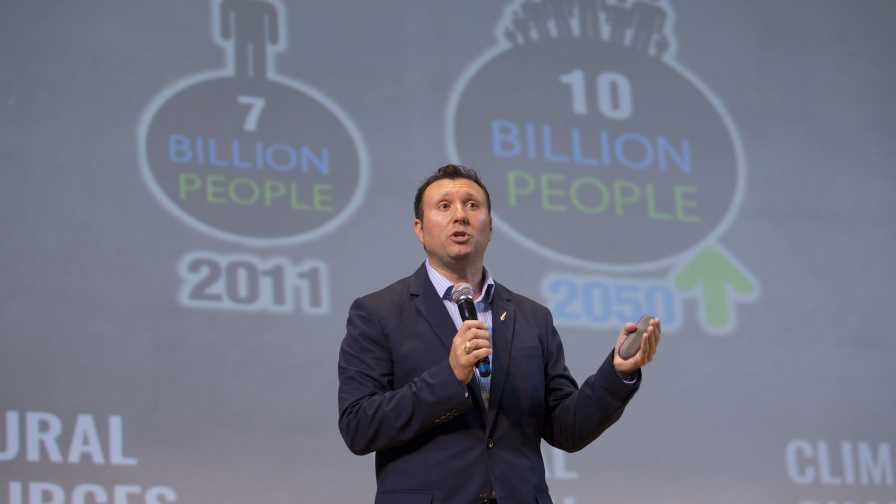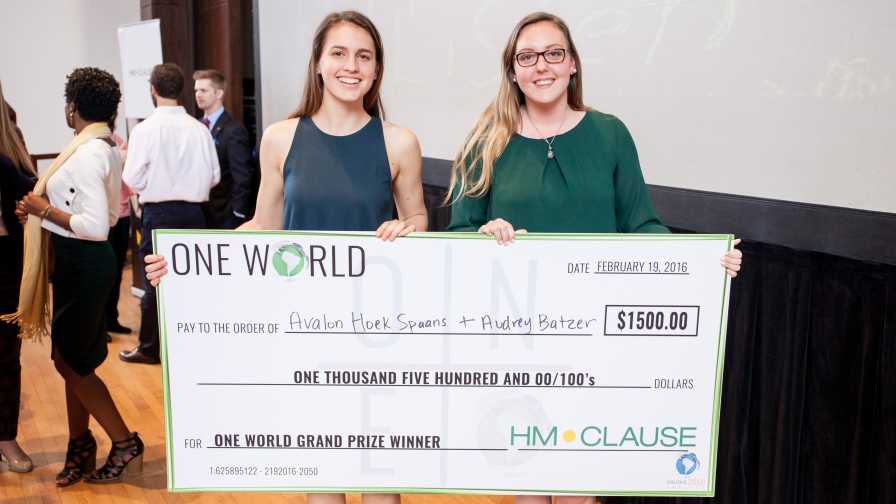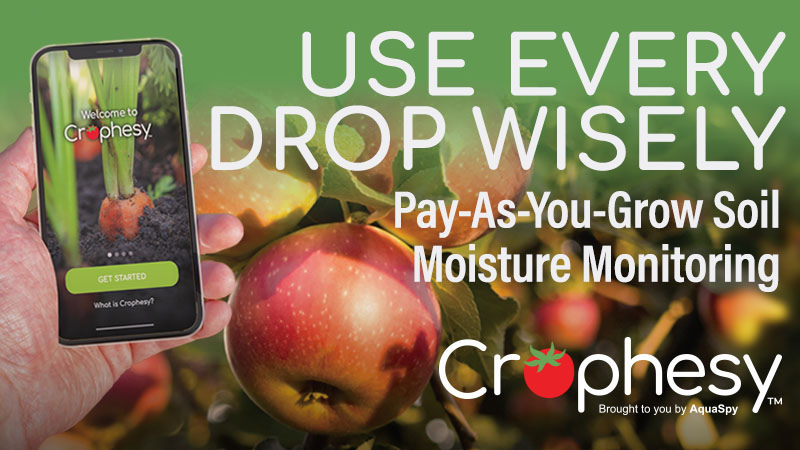Agriculture’s Next Generation Aiming To Save The World

Photo courtesy of UF/IFAS
The population of the earth is growing and expected to reach 9.6 billion people by the year 2050. Farmers will be called to produce 70% more food than today to feed the global population. This will put enormous strains on agriculture, governments, institutions, and private industry to meet the challenge.
Many organizations have mobilized to address the problem of feeding a rapidly growing population. A unique program at the University of Florida Institute of Food and Agricultural Sciences is engaging students for their input on ramping up agricultural production and addressing other pressures on global resources. The undergraduate program called the Challenge 2050 Project, only in its third year, is gaining momentum and making a difference on the world stage.
Tony Andenoro is the Director of the Challenge 2050 Project. He says he is regularly amazed at the innovative ideas and perspectives students bring to the table.
“Just because someone is only 17 doesn’t mean their perspectives are any less valid, and we’ve probably overlooked this innovative population for too long,” he says. “So, let’s put our undergraduates in rooms with our industry professionals and policymakers and see if they can come up with solutions to our biggest challenges. It takes on a radically different education model because we don’t have answers to the questions we are asking.”
A unique aspect of the program is it actively engages the private sector to support and participate in the Challenge 2050 Project. Seed company HM Clause is a major sponsor of the program. Company representatives act as mentors to the students. Plus, there’s an intern program to further educate them. Often, the internships end in full-time jobs for students.
“There are a lot people who are doing great things in the classroom, but we realize the classroom is a surreal environment that oftentimes lacks the competition and intensity of the business world,” Andenoro says. “If we can create that by bringing the business world to our students, we will do it. The involvement of private industry is one of the key aspects of the program that makes it unique.”
Students are tracked after going through the program to gauge the success of the project. After three years, there remains a 100% placement of the students who have been through the program either in positions in the industry or in graduate school.
“I think this is a huge testament to our students and hopefully how we are developing them through the Global Leadership and Change Certificate,” Andenoro says.

Challenge 2050 Project Director Tony Andenoro
Global Leadership And Change Certificate
The course work for the project covers 10 credit hours to receive a Global Leadership and Change Certificate. The first class in the program focuses on global uncertainty, followed by a class on developing tools for changing the world. Students focus on challenges such as agricultural production, living space, energy production, climate change, natural resources conservation, and global health.
“In the third class, we want students to see the issues they are attempting to address head on,” Andenoro says. “The course is named quite literally ‘The Experience’ and oftentimes involves study abroad.”
Every summer, students participate in study abroad projects in Ghana and Brazil, which focus on sustainable food production and nutrition for the populations there.
“After these three classes, the students come back and wrap it up with a one-hour capstone experience called ‘Creating Solutions,’” Andenoro says. “Here we are no longer talking about these challenges; our students are doing something about them. They are creating these amazing projects, applying for grants, working with community leaders, and even writing policy to address real challenges.”
Real Results
The Creating Solutions capstone has yielded some pretty remarkable results as students take their learning out of the classroom and put it into action. Nathan Carson, a former student, has been working on a project in India to develop cooperatives with the goal of reducing the suicide rates among farmers.
Kiona Elliott has initiated a project in Haiti to help teach growers about sustainable agricultural practices.
“Kiona has a passion about what is happening in Haiti and believes people there need knowledge more than they need aid,” Andenoro says. “She says they don’t need sweaters, they need to know how to farm.”
Every summer, Elliott hosts a conference in Haiti for youth in conjunction with industry and other partners. During the conference, she is teaching good agricultural practices and business acumen to run sustainable businesses.
“The list of projects goes on and on, and I am constantly amazed and inspired by what these young people are bringing to the table,” Andenoro says. “The Challenge 2050 Project is about more than just learning — it is about doing.”

Students are awarded for their innovative presentations during the One World 2016 event.
Photo courtesy of UF/IFAS
Supporting One World
The Challenge 2050 Project shows its impact by hosting a One World event. The event will host six student participants to share their work and perspectives with an audience of international industry leaders and change-makers. One of the presentations will be selected as an overall winner and the student will be awarded $1,500.
Attendees and current Global Leadership and Change Certificate students will be afforded multiple networking opportunities to share ideas on sustaining resources and feeding a growing world population.
The 2017 One World event is scheduled for Feb. 16 at the University of Florida’s Gainesville campus.
For more information, visit OneWorld.Challenge2050.org.










